Sex can be wonderful, life-affirming and momentous. It can be forgettable and mediocre. It can be complicated and messy and weird. I’m a fully grown woman with a high tolerance for small talk, so by now I’ve had most of the kinds.
But there were also other moments, that for years I lumped in with the sex that was weird and the sex that was funny in hindsight, the sex that was semi-regretful and the sex that was just crap. These other moments weren’t nearly as simple as those and they’d left me feeling not just sexual remorse, but… something else. I wasn’t sure what because I’d never really let myself unpack any of it. I just knew there were things that had happened, to me and to lots of girls—most girls—that we walked away from with our souls a little less intact than before.
The moments were there in my repressed memories, just a low hum rumbling from beneath the tapestry of my other experiences. But it was only as an adult woman in a rapidly wakening time that I was coming to recognise those moments for what they actually were and not just things that boys do or shit that happens to girls.
I knew I couldn’t be alone in having as many of those moments as I did. It wasn’t something I’d ever really talked about in gory detail with my girlfriends, but we all knew the stories were there. It was acknowledged in the way we’d discreetly congregate around a colleague on a Friday night if a guy started acting like a pest in a bar or in the way we’d automatically text each other the location of a first date with someone new. In the way we’d quietly catch each other’s eyes across a boardroom table when an inappropriate comment was made in a meeting and in the way we innately knew what we ‘shouldn’t’ wear to a place where women would be in the minority.
We knew it every time we told a man making a move on us that we had a boyfriend when we didn’t, instinctively aware that thinking a woman is the property of another man is more of a deterrent to most guys, not even just the aggressive jerks, than hearing the plain truth that a woman could possibly know her own mind and just not be interested in him.
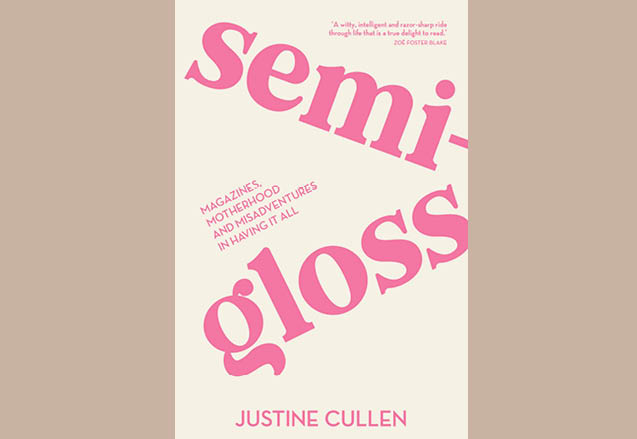

I’d been trying to work out how we could start that conversation in the pages of Elle, but my complicated feelings about my own experiences made it difficult for me to open up a dialogue on a national platform. Was something assault if it didn’t hurt? Was it harassment if I wasn’t overtly traumatised by it? What if I wasn’t even particularly outraged or affected long term?
And then the Me Too movement happened and a light — a whole fucking chandelier, in fact — turned on in my head. Suddenly I saw my own experiences, as well as those of nearly every other woman I knew, through a new lens.
And the more I understood, the more memories came back to me — a myriad of small and not-so-small encounters I’d walked away from and rarely let myself give another thought to, but that had clearly wedged themselves deeply in my soul, ready to bubble to the surface when I least expected it, playing themselves out in current relationships and causing all kinds of subconscious havoc.
The movement might have started with the stories of Hollywood rape, but there’s been a real power born from the light it’s shone on the small, pervasive, everyday injustices women had been experiencing forever and had sort of gotten used to— but have finally decided are unacceptable.
There was the time at a party of my mum’s when a neighbour in his twenties put his hand on my 13-year-old bottom while we were both standing behind the kitchen counter and no-one could see it. His hand seemed to linger for an interminable length of time while I stood still, frozen with fear, conflicted because until that point I’d had a latent, mooning crush on him. I never spoke about it but I was terrified of being left at home alone afterwards, until he eventually moved house six months later.
The more I understood, the more memories came back to me
There was the time at age 16 when I passed out from too much Malibu and pineapple juice watching a movie at the house of a boy I knew as a friend and woke up topless, with his hand on my breast and his tongue in my mouth. I freaked out and start crying, he blamed me for being a tease and complained that he’d bought me the Malibu for nothing. I ran all the way home, rigid with shame, feeling absolutely culpable, and never said a word about it to anyone.
There was the time at 17 when I’d been out with my family at a local community event and went home early with a headache. Unbeknown to me, I was followed back there by someone a few years older who I only vaguely knew. He talked his way in, tried to kiss me, then pushed me into my bedroom and onto the bed. I remember kicking and screaming, I remember his weight trapping me underneath him, the feelings of panic and terror as we struggled and the relief when he finally just gave up and left.
Once it was over, I didn’t ever let myself think that I was almost raped, although that’s absolutely what I’d been sure was going to happen to me at the time. I didn’t get angry about it or call the police, or even my mum. Instead, I was embarrassed about it, like it must have been all my fault, and I blocked it out, never to speak of it to a soul. I didn’t even remember the incident until decades later.
There was the time I received a phone call, only a few years back, from a man who I had always considered a mentor. We chatted about my work for a while and just as we were about to get off the phone, he asked me, ‘Would you ever consider, Justine, on a lovely day like today, perhaps spending it with me?’ I didn’t react for a moment. I had a sense of what he meant, of course, but I was also desperately hoping that there was an innocent meaning behind the comment.
I was embarrassed about it, like it must have been all my fault
I didn’t need to worry about there being any confusion. He filled the silence bluntly and devastatingly. ‘Do you know what I mean by that, Justine? I mean, in a bed.’ So, not a lot of room for interpretation.
Did I call him out for propositioning me when I’d never given him any indication that I was open for our relationship to move in that direction? Did I slam the phone down, letting him know in no uncertain terms how offended I was, how cheap it made me feel, the sense of loss I experienced when I realised he had possibly always just seen me as a potential piece of arse to unceremoniously cheat on his wife with on the next sunny day he found himself at a loose end? Nah, of course not. What I did was laugh awkwardly and make some quip about being happily married and then got off the phone as fast as I could, but not before sweetly promising to call him back if I ever changed my mind, like he was a telemarketer I felt sorry for.
And then I cried, although I didn’t quite know why. And then I turned it into some kind of ‘Men, amiright?’ anecdote to be pulled out after a few negronis with the girls.
I’m just one woman and these are just a sliver of my experiences, no better or worse or more awful than any other woman’s. In fact, they’re so par for the course, they’re almost mundane. But they illustrate so clearly what we do— what we’ve been doing forever— in the face of our common experiences of sexual assault, objectification, harassment and violence. We ignore them, trivialise them or turn them into a joke. We block it out, handle it, keep it a secret or shrug it off like the Cool Girls we think we should be.
We tell ourselves it wasn’t ‘real’ assault, we blame ourselves or— worse— we blame each other. For the longest time, we normalised this sort of behaviour to the point that unless it was violent vaginal penetration by a stranger in a dark alley, we refused to recognise it for what it was. Even when it was removing our bras while we slept off too many Malibus.
I didn’t have a father around when I was growing up, and in the years before the clarity the movement and the sisterhood gave me, when I was still trying to piece together my own experiences, I’d often wondered if that had played a role in how many tales like this I had to tell. I was wild and impetuous and had a single mother who was full of love, but the distractions of keeping a young family fed and sheltered by herself allowed me a long leash when I probably needed a really, really short one.
But you don’t have to be fatherless or impulsive to have racked up a litany of stories just like mine. You just have to be female.
For all the dark moments, I’ve also had a million— well, maybe not quite a million but, you know, up there— wonderful, positive experiences with men. Men who were respectful and kind, supportive and considerate. Men who made grand gestures and who cried while watching Atonement. These are the kind I know it’s my duty to raise.
I do this by gently indoctrinating my sons with feminism at every possible opportunity and preaching consent and acceptance and intimacy and equality as soon as they realise they have penises and, thus, privilege — so, from about three days after birth.
I may not ever get to see a daughter walk down the aisle, but I’m outrageously confident that I’ll get to see four boys be really great partners and fathers, supporters and defenders of my kind till the end. I might be a bit lax when it comes to cooking them gourmet dinners and their school shirts may be very rarely (never) ironed, but when it comes to turning my boys into warriors for women, fighting the perils of a misogynist society, I am Mother of the Year.
This is an edited extract from Semi-Gloss: Magazines, motherhood and misadventures in having it all by Justine Cullen published by Allen & Unwin, out on May 4.




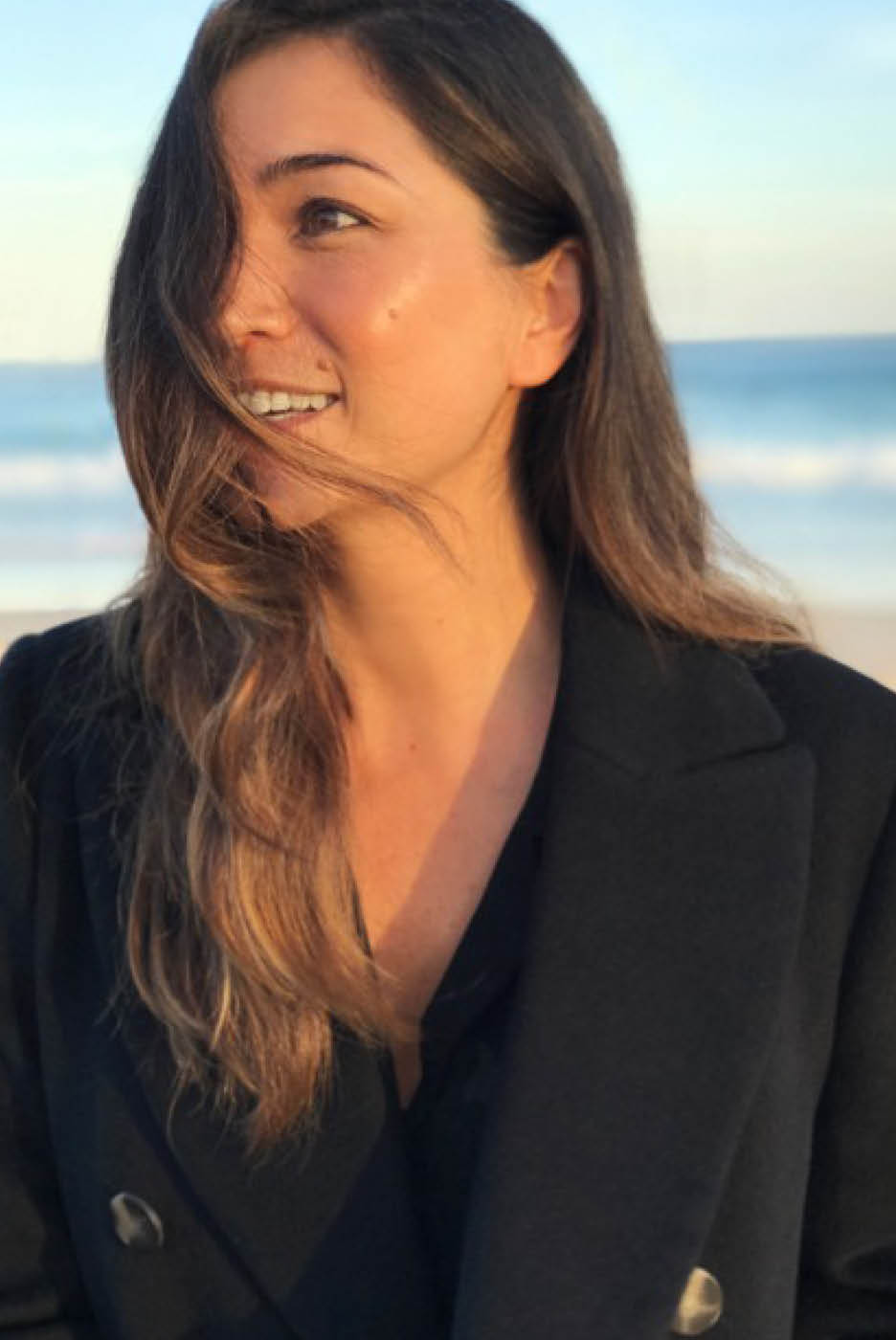
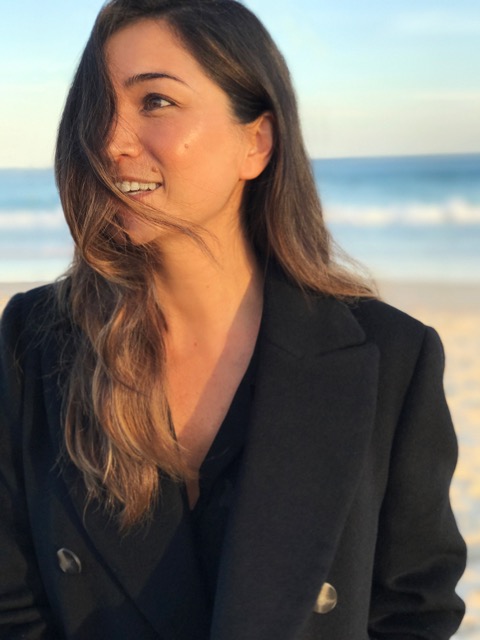


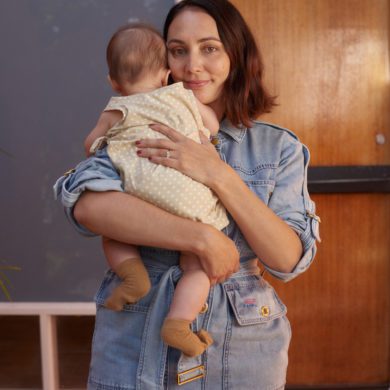

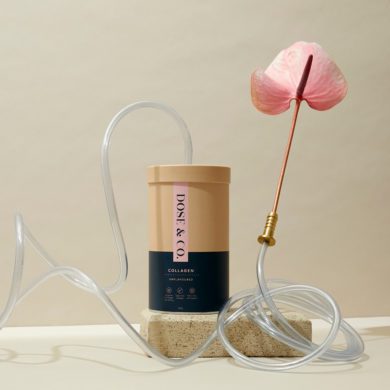



No Comments